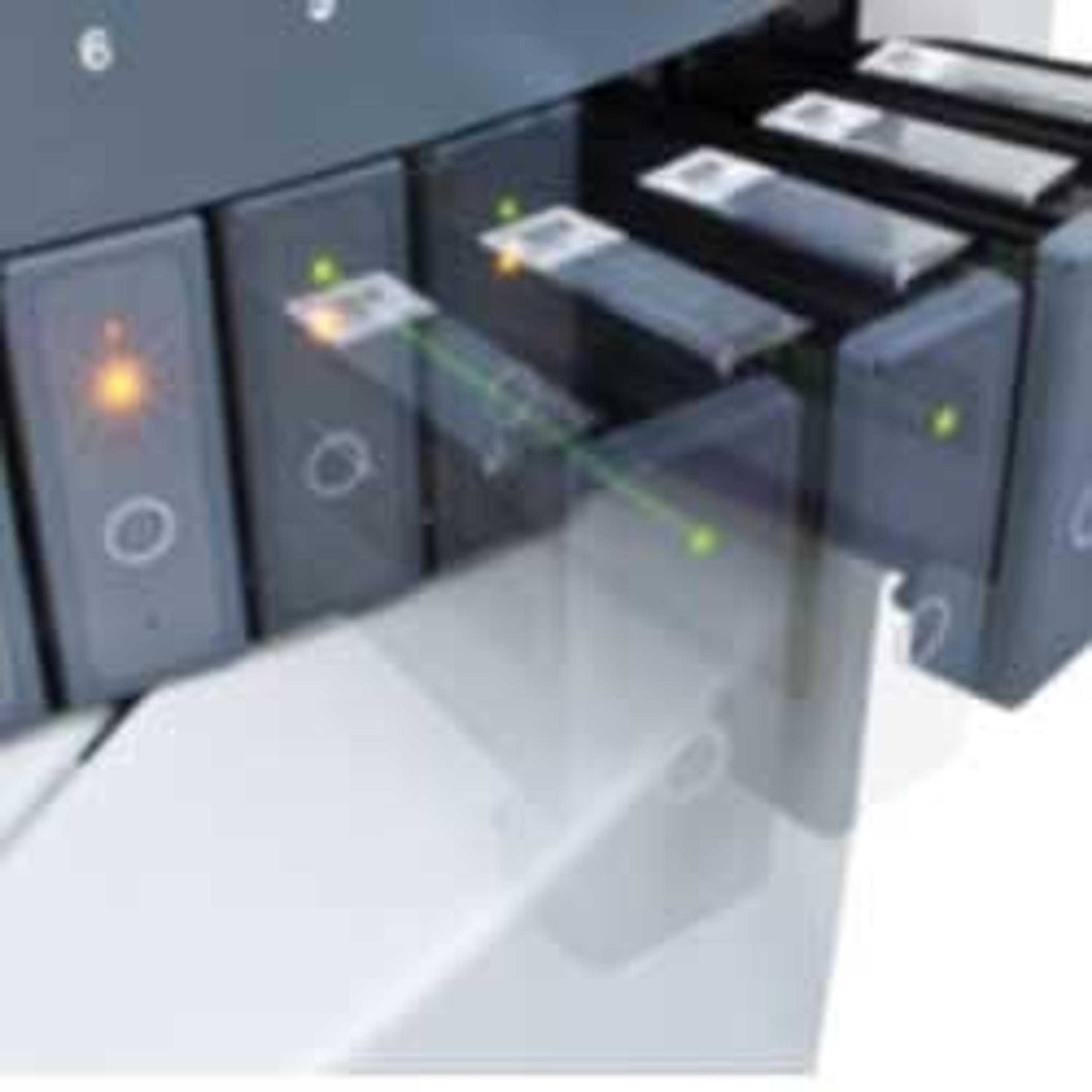Roche’s VENTANA PD-L1 Assay receives FDA approval as a companion diagnostic to identify lung cancer patients eligible for Tecentriq (atezolizumab)
The VENTANA PD-L1 (SP263) Assay helps determine which non-small cell lung cancer patients may benefit from treatment with Tecentriq immunotherapy based on the results of the Phase III IMpower010 study
26 Oct 2021
Roche has announced U.S. Food and Drug Administration (FDA) approval of the VENTANA PD-L1 (SP263) Assay in non- small cell lung cancer (NSCLC) as a companion diagnostic test for Tecentriq, advancing the company's commitment to guide clinical decision making through innovative, high-quality assays that improve patient access to personalized healthcare.
The current standard of care for patients with early stage lung cancer is surgery to remove the tumor, which may be followed by chemotherapy. Unfortunately, about half of these patients will have their cancer return following surgery.2 Tecentriq received FDA approval on 15 October 2021 as adjuvant treatment following surgery and platinum-based chemotherapy for adults whose Stage II-IIIA NSCLC tumors have PD-L1 expression on ≥1% of tumor cells. The VENTANA PD-L1 (SP263) Assay identifies NSCLC patients who may be eligible for Tecentriq (atezolizumab) monotherapy in this indication.
“Early detection of lung cancer can change the treatment pathway for patients and give them more treatment options,” said Thomas Schinecker, CEO Roche Diagnostics. “We are proud to offer a companion diagnostic PD-L1 test that identifies lung cancer patients who may qualify for Tecentriq therapy. With the FDA approval of this companion diagnostic test, clinicians now have an effective tool for offering better patient care through targeted immunotherapy treatment.”
The VENTANA PD-L1 (SP263) Assay was used as part of the IMpower010 study sponsored by Genentech, a member of the Roche Group, to identify patients whose tumors expressed the PD-L1 protein. The IMpower010 clinical study began in 2015 with the goal of understanding how patients would respond to treatment with Tecentriq following traditional surgery and chemotherapy. In 2021, Genentech reported a 34% reduction in the risk of disease recurrence or death amongst Tecentriq patients whose tumors were shown to express PD-L1 protein.
Want the latest science news straight to your inbox? Become a SelectScience member for free today>>

